Screen casings are important equipment in the fields of oil and gas extraction, water supply, environmental protection, etc., with a wide range of applications and important functions. Screen casings can be made of a variety of materials, including seamless steel pipes and welded steel pipes. The specific choice depends on factors such as application requirements, environmental conditions, and economic efficiency. This article will introduce in detail the structure, characteristics, and applications of screen pipes in different fields.
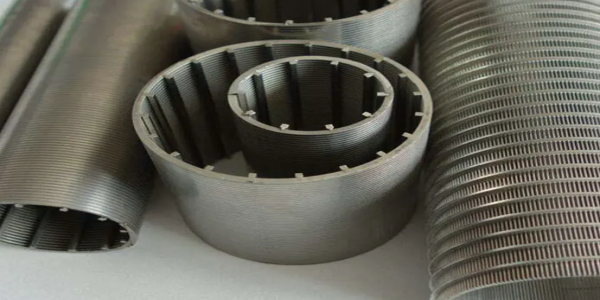
Screen casings structure and features
Screen casing is manufactured from wedge wire around an internal array of longitudinal support rods. Each intersection of these wires is fused, and the V-shaped or wedge wire surrounds the support rods of the entire screen, forming a continuous notch. The screen casings allows water (oil) to enter the well freely in sufficient quantities while filtering most of the sand and gravel taken out of the well.
Stainless steel screen casings have the following characteristics:
High porosity: Stainless steel screen casings have high porosity, which helps to build efficient water, oil and gas wells. High porosity makes it easier for groundwater to penetrate the screen casing, reducing the depth of water level drop, thereby reducing energy consumption.
Low operating cost: Due to the high porosity, the filter pipe is more conducive to groundwater infiltration, reducing the energy consumption of the water pump.
Reduce pump wear: The higher porosity makes the groundwater penetrate the filter pipe slower, avoiding sand from entering the filter pipe under high water pressure, thereby reducing pump wear.
High opening area: The stainless steel screen casing has a large opening area and a high filtration area ratio, which can reach 60%, improving filtration efficiency.
Main uses of screen casings
Sand control: Screen casings are used to prevent formation sand from entering the pipeline system, protect downhole equipment, and reduce maintenance costs and downtime.
Fluid control: Screen casings ensure that oil, gas or water can pass smoothly and increase production.
Structural support: Screen casings provide the necessary support for the well wall to prevent collapse.
Application fields of screen casings
1. Oil and gas extraction
Screen casings are most widely used in oil and gas extraction, mainly as sand control devices in oil and gas wells. Its basic structure is "base pipe + filter sleeve". The filter sleeve is arranged on the outside of the base pipe, mainly plays the role of sand blocking and oil filtering, and is the carrier of the sand control function of the screen casings. The base pipe provides mechanical strength support for the filter sleeve, and the screen casings are connected to each other through the threads and couplings at both ends of the base pipe to form a sand control pipe column.
In the actual production process, the screen pipe is usually located at the bottom of the oil and gas well, and the length of a single well can reach tens to hundreds of meters. In vertical wells, inclined wells and horizontal wells, the stress conditions of the screen casings are different, but its main function and strength requirements are always the same. The screen casings provides a channel for the fluid entering the well through the filter sleeve covering the base pipe and the through hole on the base pipe, so that it can smoothly enter the screen casings and finally be delivered to the wellhead through the pumping device.
2. Water well construction
Screen casings are also widely used in water well construction, especially when using deep well pumps and submersible pumps. Their high porosity and corrosion resistance enable them to work effectively in various water well environments, especially in fine sand and silt formations, reducing the wear of water pumps and extending the service life of water wells.
3. Water treatment equipment
Screen casings are widely used in water treatment equipment to filter and separate impurities in water. Their high porosity and uniform gaps ensure the smooth passage of water, improve the efficiency of water treatment equipment, and reduce maintenance and operating costs.
4. Environmental protection
In the field of environmental protection, screen casings are used in sewage treatment, domestic water desalination and water treatment systems. Its corrosion resistance and high strength enable it to play a good role in various complex environments, ensuring water quality safety and environmental protection.
5. Petroleum industry
In the petroleum industry, screen casings are used for terminal filtration of petroleum products, acid and alkali filtration, and recovery and filtration of alcohol and other organic solutions. Its excellent filtration performance and corrosion resistance ensure the purity and recovery efficiency of petroleum products and reduce production costs.
Conclusion
As an important filtering and supporting equipment, screen casings have a wide range of applications and significant advantages. Their high porosity, corrosion resistance and structural strength enable them to play an important role in oil and gas extraction, water well construction, water treatment equipment, environmental protection and the petroleum industry. Although screen casings have some challenges in manufacturing costs and maintenance, their advantages in improving efficiency, reducing operating costs and protecting equipment make them an indispensable key component in various industries.
We will continue to be committed to the innovation and improvement of screen casing technology, improve product performance and meet the ever-changing market needs. Through continuous research and development and technological progress, screen casings will play a greater role in more fields and contribute to promoting industry progress and economic development.








 English
English Español
Español بالعربية
بالعربية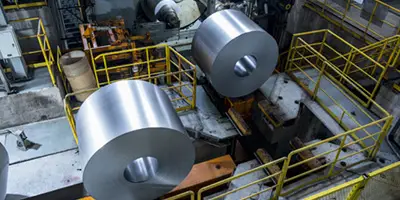
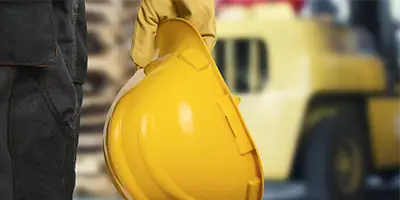
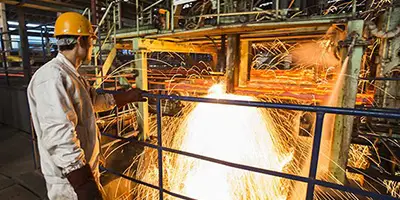
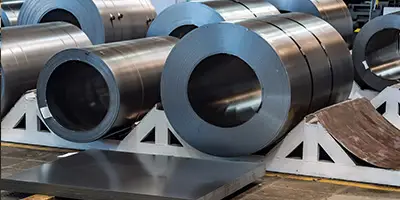

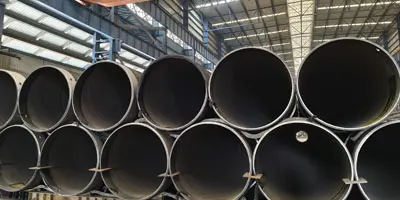
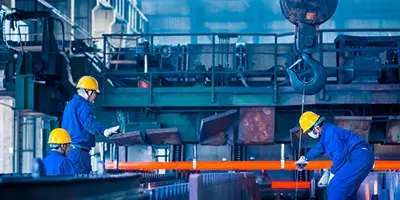
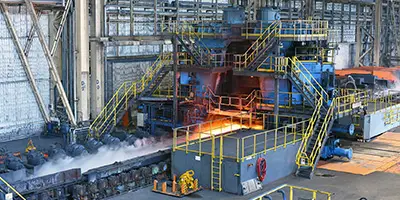
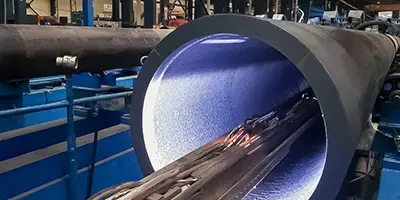
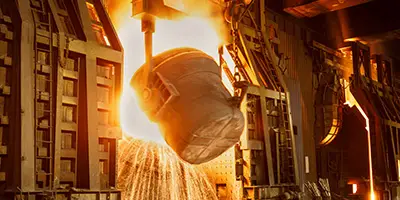
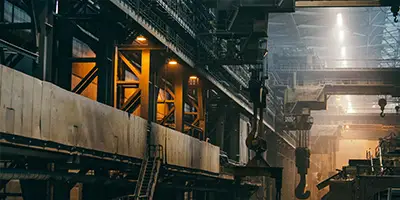

 Phone :
Phone :  Whatsapp :
Whatsapp :  Email :
Email : 


